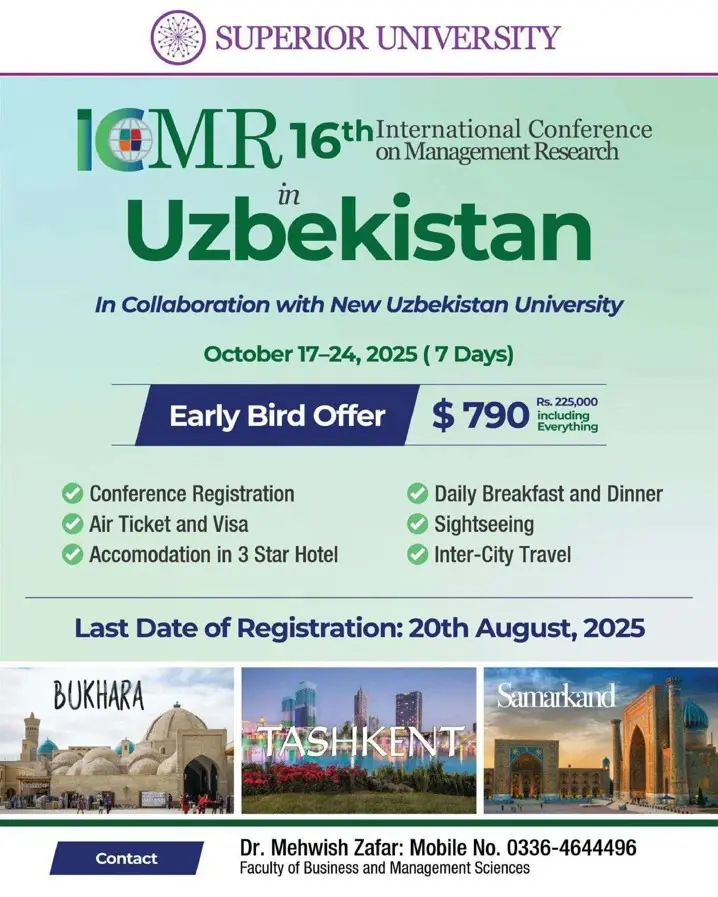


Introduction
Over the past two decades, mobile technology has undergone a dramatic transformation, redefining how people interact with digital tools and reshaping entire industries. Once limited to basic communication, mobile phones have evolved into powerful smart devices equipped with cutting-edge features such as speech recognition, predictive text, augmented reality, and machine learning-driven performance enhancements. These advancements have not only enhanced convenience for users but have also paved the way for automation, data-driven decision-making, and seamless cross-sector experiences. This blog explores the evolution of mobile technology, its role in industry automation, its effect on user experience, and the personal journey of an individual navigating this ever-evolving field.
The Evolution of Mobile Technology
Mobile technology has progressed far beyond simple calling and texting to encompass a wide array of sophisticated capabilities. Innovations in artificial intelligence and machine learning have played a pivotal role in this transformation. Tools like Google Assistant utilize natural language processing to understand user commands, set reminders, and even control smart home devices. Similarly, predictive text algorithms improve communication efficiency by analysing typing habits to suggest words and phrases in real time. Facial recognition, introduced widely with Apple’s Face ID in 2017, brought biometric security to mainstream use, employing 3D mapping and infrared sensors to replace traditional passwords. Augmented reality, once associated mainly with gaming apps like Pokémon Go, is now being used in practical applications across education, retail, and healthcare. For example, allowing users to visualize furniture placement in their homes before purchasing. These experiences are enabled by mobile operating systems such as iOS and Android, which serve as bridges between hardware and software. Features like iOS’s photo categorization using machine learning and Android’s battery optimization based on app usage patterns enhance the overall user experience significantly.
Automation: Revolutionizing Industries
Automation, driven by mobile technology, is revolutionizing sectors across the board by increasing efficiency, reducing costs, and enhancing precision. In healthcare, wearable technology such as the Apple Watch monitors heart rate, sleep patterns, and physical activity, automatically alerting users to anomalies. The retail industry leverages AI and AR to enrich customer experiences, allowing users to virtually try on makeup or receive tailored product suggestions. Amazon’s recommendation engine is a prime example of this. In the industrial sector, mobile-connected sensors and apps allow real-time machine performance tracking, reducing downtime and optimizing operations. Financial services have also embraced automation, with mobile banking apps using AI-driven fraud detection, fingerprint authentication, and chatbots for customer service. For instance, Chase Bank’s app allows users to deposit checks using image recognition, eliminating the need for branch visits. These examples reflect how mobile automation is becoming a cornerstone of modern business models.
Enhancing User Experience Through Innovation
User experience remains at the heart of mobile technology development, with innovations continuously refining how users interact with their devices. Today’s smartphones can adjust brightness and interface layouts based on user activity and preferences, creating a more intuitive environment. Android 12, for instance, introduces dynamic colour theming that adapts to the user’s chosen wallpaper, offering a personalized aesthetic. With the advent of 5G, users enjoy reduced latency, enabling smoother video conferencing, real-time gaming, and seamless content streaming. Personalization is further enhanced by machine learning algorithms like Spotify’s Discover Weekly, which curates music based on listening habits. At the same time, big data analytics empower businesses to interpret user behaviour, optimize services, and forecast demand. Uber, for example, uses this technology to calculate accurate fares and streamline routes. In healthcare, apps like Ada Health provide preliminary assessments, improving accessibility, while mobile platforms in education offer interactive and on-the-go learning experiences that break traditional classroom boundaries.
The Future of Mobile Technology
Looking ahead, mobile technology is poised to become even more integral to daily life, with sustainability and innovation leading the way. Eco-conscious initiatives are gaining ground, with companies like Fairphone promoting modular phone designs that reduce electronic waste and solar-powered chargers aimed at improving energy efficiency. The potential of upcoming technologies, such as 6G networks anticipated by 2030, may bring hyper-fast internet speeds, ultra-low latency, and even enable holographic communication and seamless IoT integration across all connected devices. As these advancements unfold, the boundaries of what mobile technology can achieve will continue to expand, impacting every facet of modern life and work.
Conclusion
Mobile technology has evolved far beyond its original purpose, now serving as a cornerstone of innovation across diverse sectors. From highly personalized user experiences to complex automation systems, its impact is profound and far-reaching. The possibilities for further development are endless, especially as professionals like Esar Nasir help bridge the gap between traditional industries and emerging technologies. As we look to the future, embracing this ongoing digital transformation is not just a choice but a necessity in a world that continues to digitize at a rapid pace. Harnessing the power of mobile innovation will be crucial for adapting, growing, and driving meaningful change in every corner of society.



My name is Syed Esar Nasir. I completed my undergraduate degree at a leading university and began my professional journey as an Assistant Manager of Accounts & Finance at Rainbow Cash & Carry while I was still a student. My passion lies in exploring emerging technologies and their applications across various industries, particularly in finance. I actively follow the latest smartphone launches, experiment with AR development kits, and stay engaged with ethical AI frameworks.
Please note that all opinions, views, statements, and facts conveyed in the article are solely those of the author and do not necessarily represent the official policy or position of Chaudhry Abdul Rehman Business School (CARBS). CARBS assumes no liability or responsibility for any errors or omissions in the content. When interpreting and applying the information provided in the article, readers are advised to use their own discretion and judgement.
If you are interested to write for CARBS Business Review Contact us!